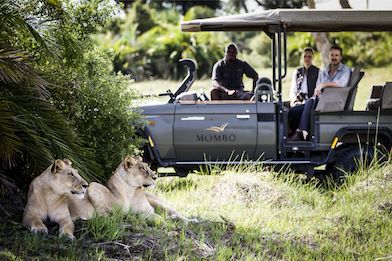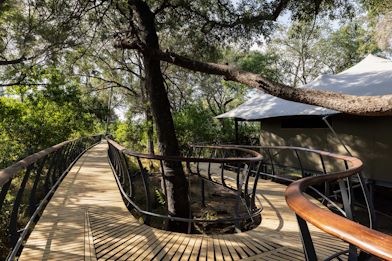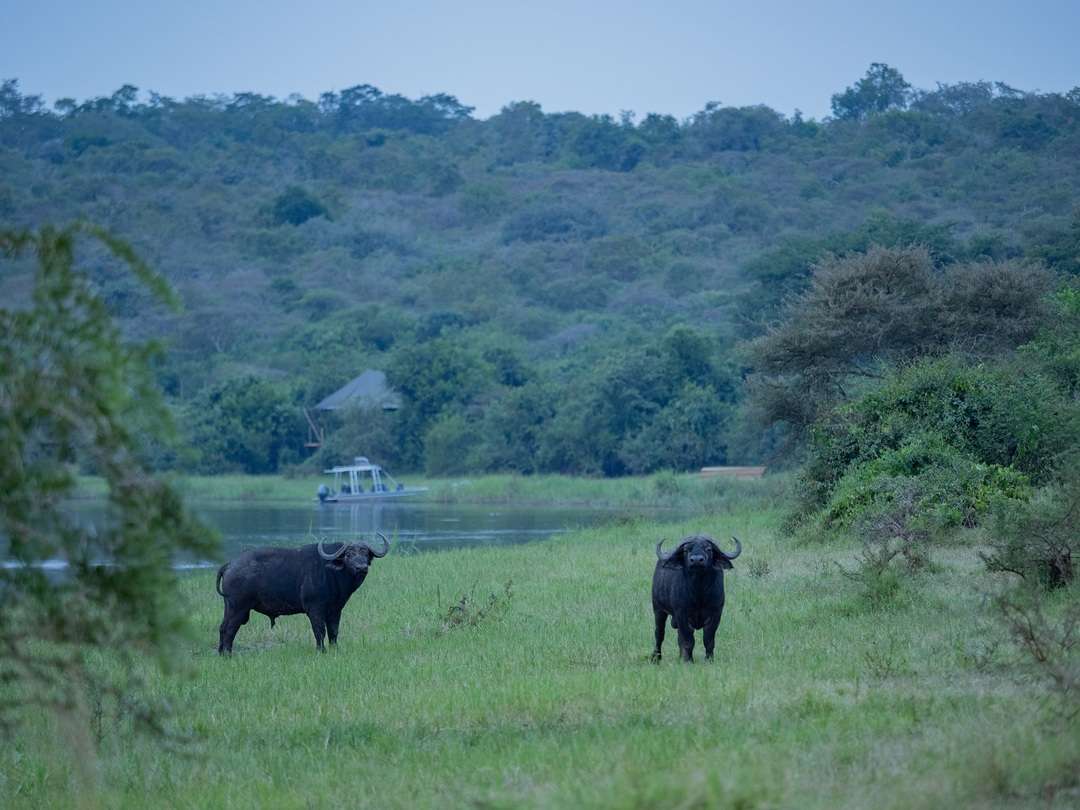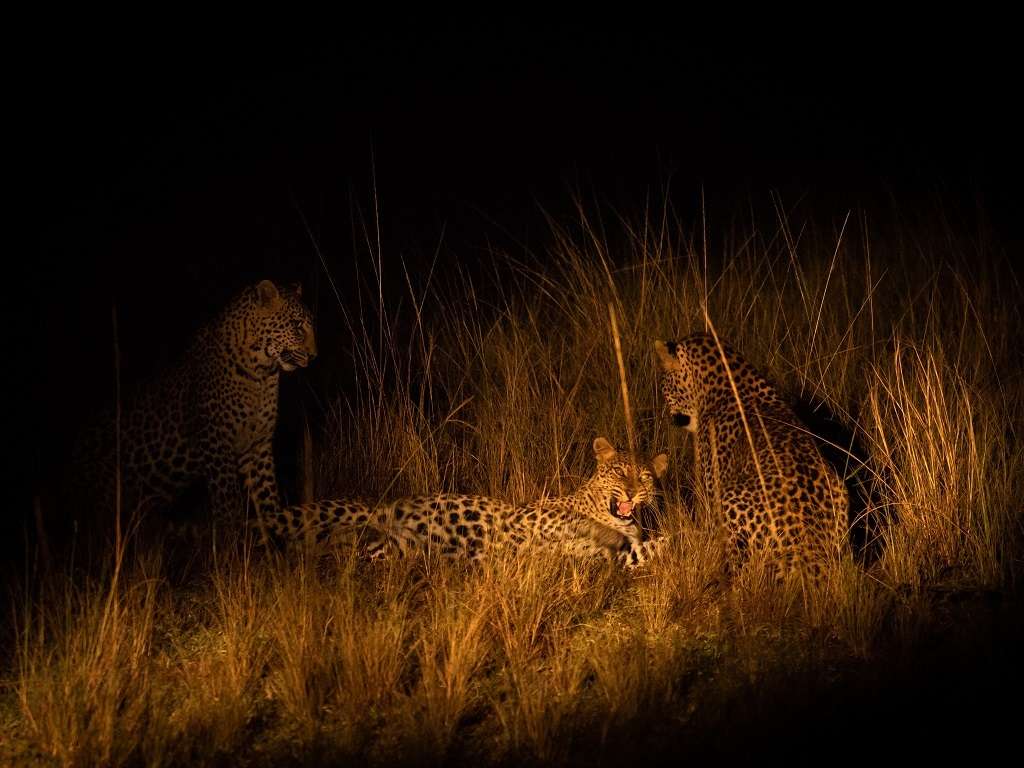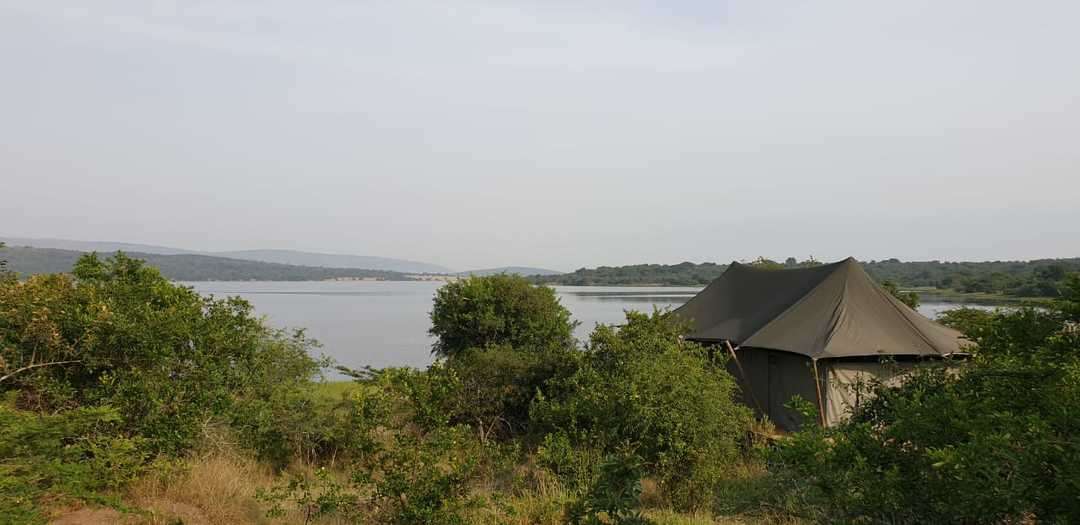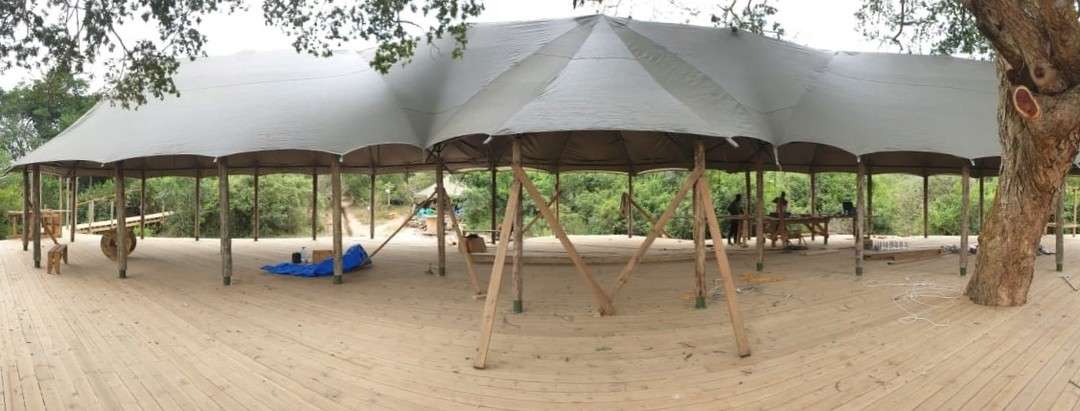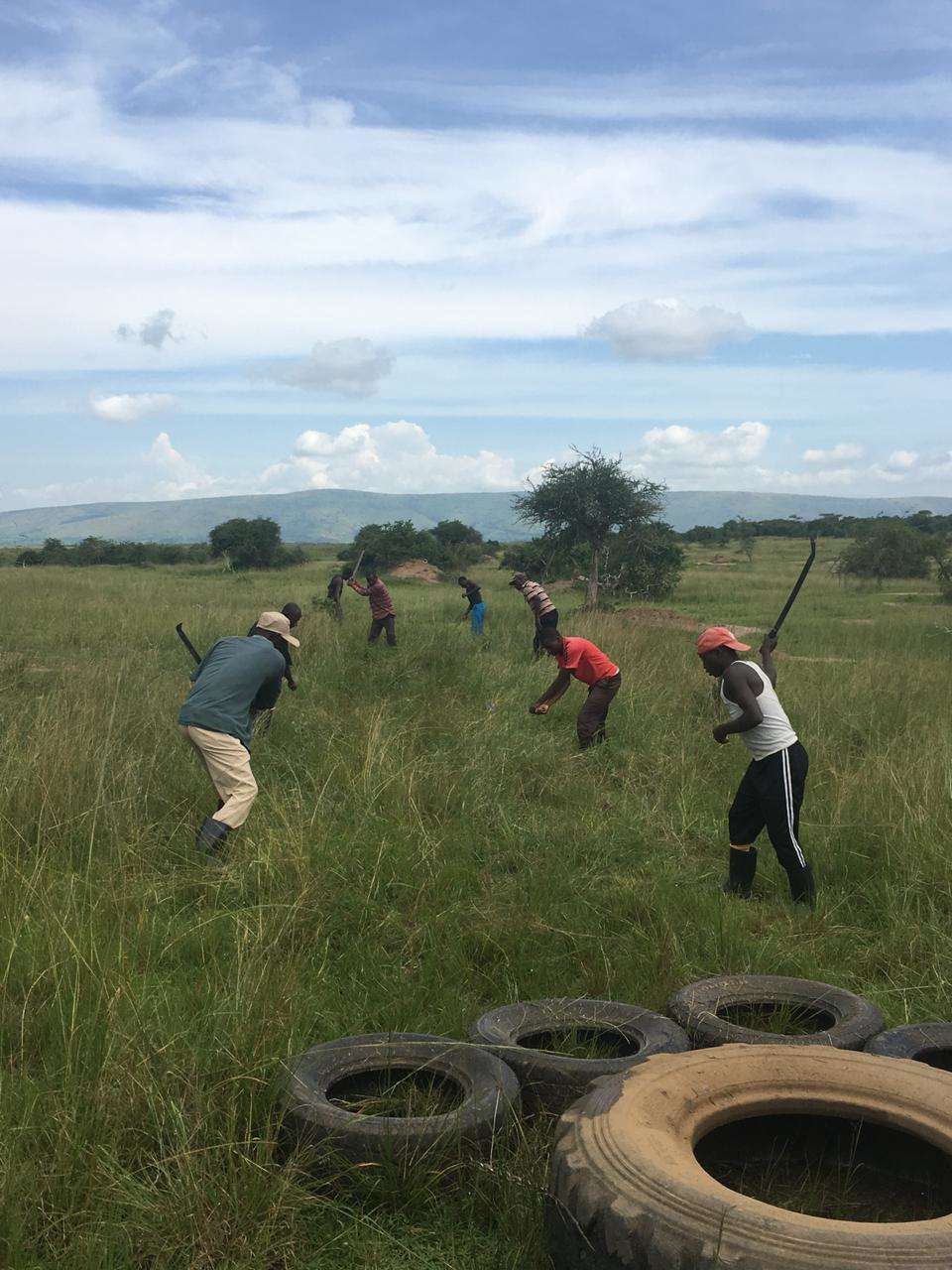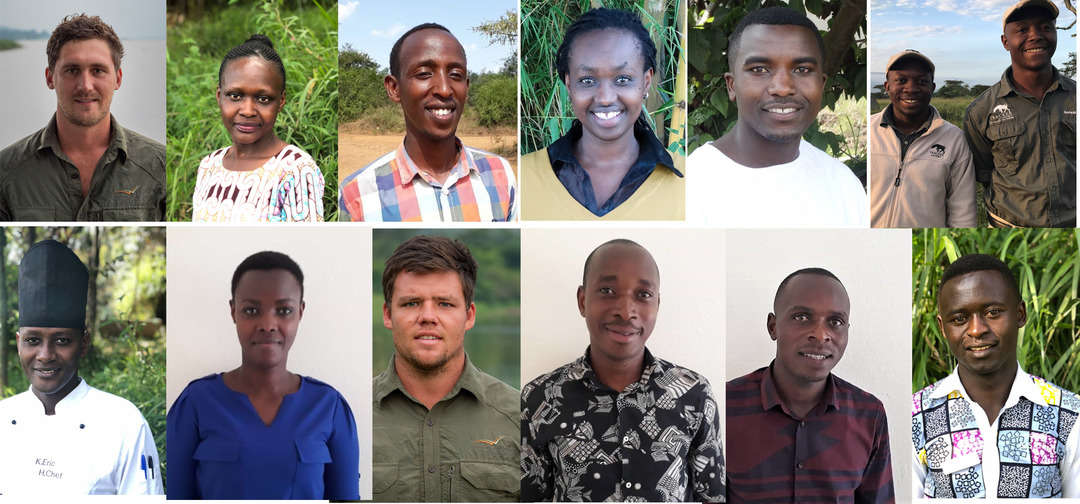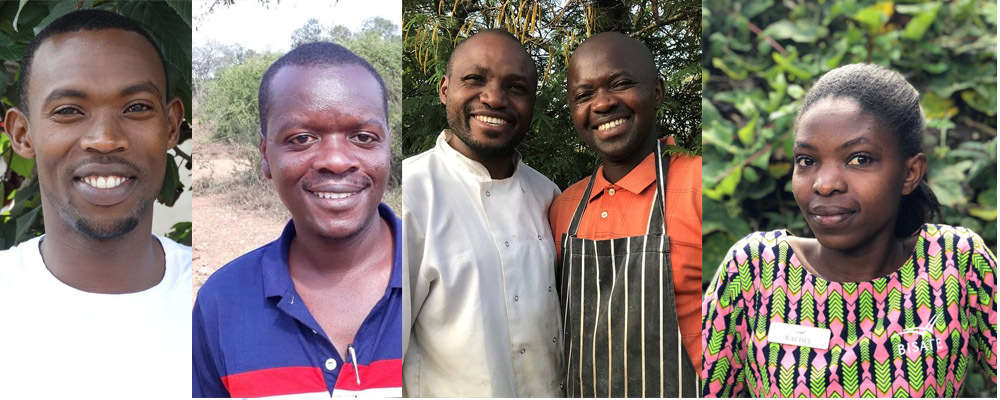Vehicles and boats
The Magashi vehicles are ready and we are very happy with the end result! Rob went to Tanzania several times, where the conversion to open game-drive vehicles was completed. Soon the vehicles will be transported from Tanzania to Rwanda. Once in Rwanda we will brand the vehicles with the Wilderness Safaris logo and thereafter, they will be ready for our guests! The three Toyota Hilux 4x4s are very comfortable and can accommodate seven guests, allowing each guest an outside seat. The vehicles have USB charging facilities, a fridge to keep sundowner drinks nice and cold, blue LED lights on the floor when needed for night drives, and support structures to stabilise lenses, enhancing our guests’ wildlife photography experience.
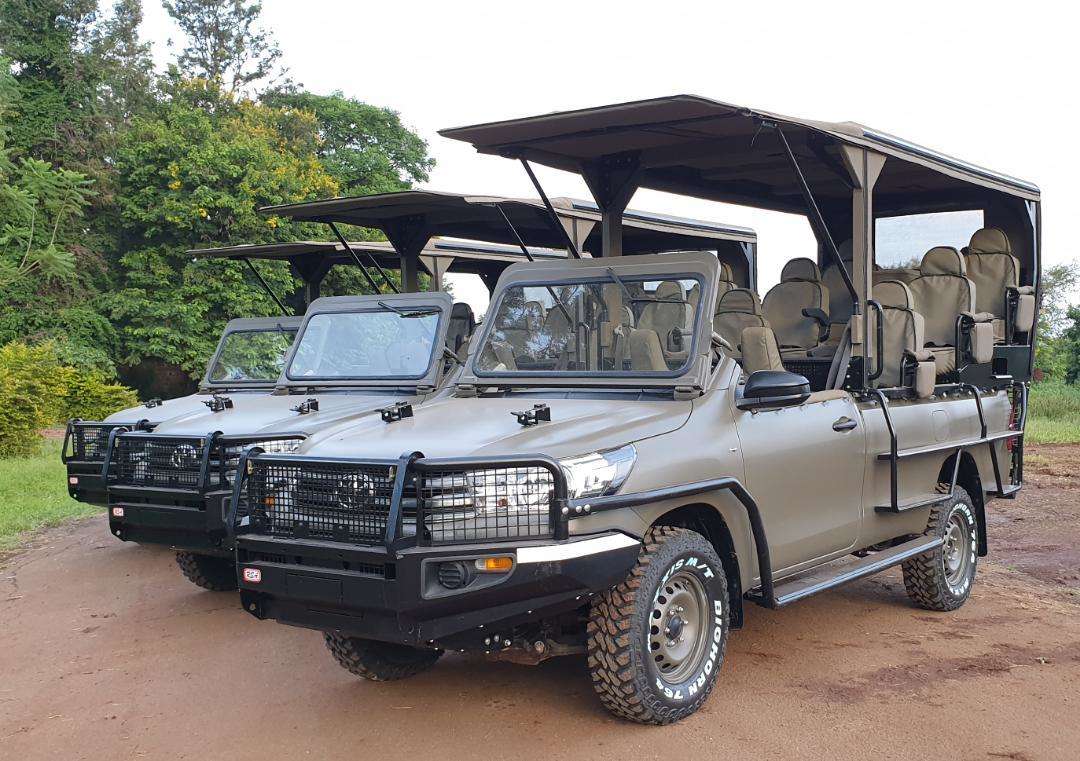
Magashi’s two eight-seater boats, the swamp cruisers, are also already. The boats come with swivel seats, allowing guests to easily turn to their preferred position. Like the vehicles, the boats have a USB charging facility, and there is even the option to sit on the roof of the boat, allowing for elevated views of the river bank and papyrus.
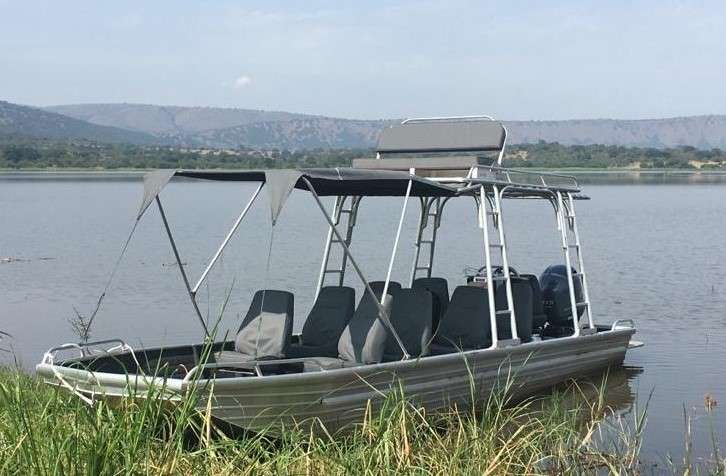
Sightings – leopard madness
Where to start? Magashi has surprised us all… although we knew that the area was beautiful, and game would be plentiful, we did not expect the daily sightings of herbivores and predators to be this good, or the drives to be this spectacular!
The guides and trackers have identified nine different leopards in the private Magashi area, mostly in the south of the concession very close to Magashi. The Amahoro Pride, consisting of three females, three males and two cubs, seems to prefer venturing into the north.
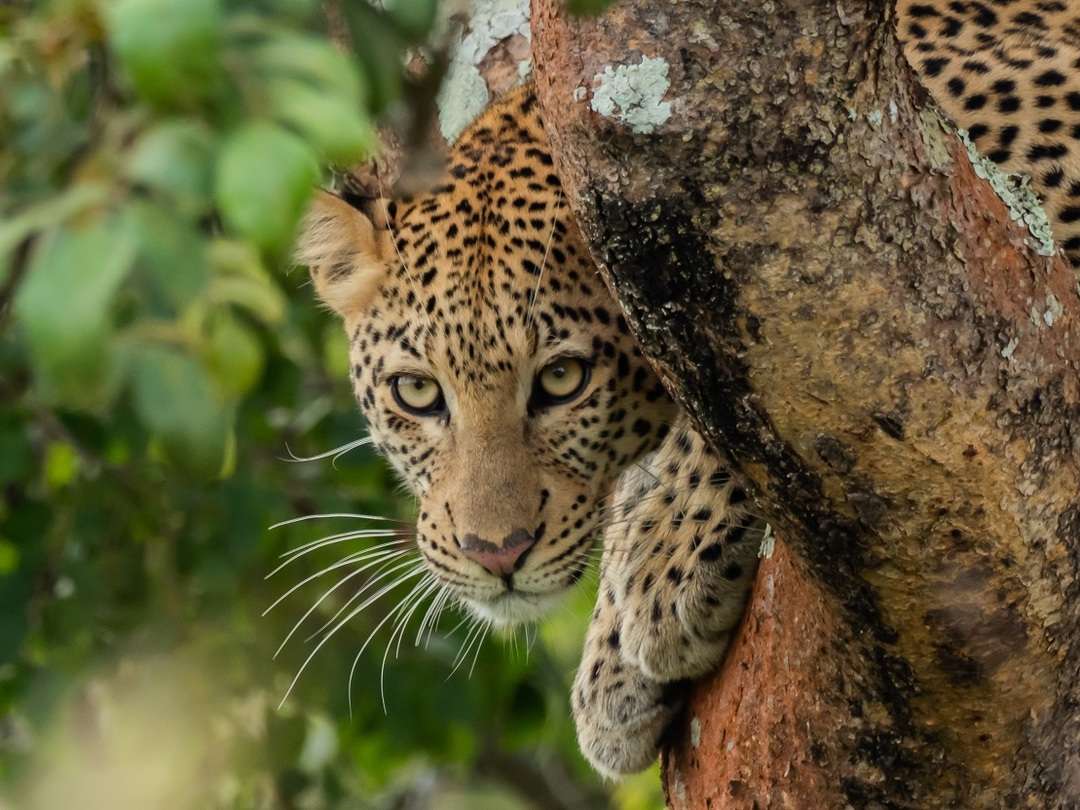
The guiding team has also created additional game drive loops on the concession, creating access to areas that were previously unexplored.
All the game, including leopards and lions, are getting accustomed to the vehicles, and are very relaxed on sightings. One of the younger males was even spotted sniffing the vehicle and tyres on one of the evening game drives.
We recently took some guests on a few game drives on the concession, and they had good sightings of several leopards, lion, hyaena, elephant, warthog, oribi, Defassa waterbuck, hippo, buffalo, blotched genet, Senegal galago, gerbil, eland, hundreds of impala, topi, plains zebra, giraffe, crocodiles and more.
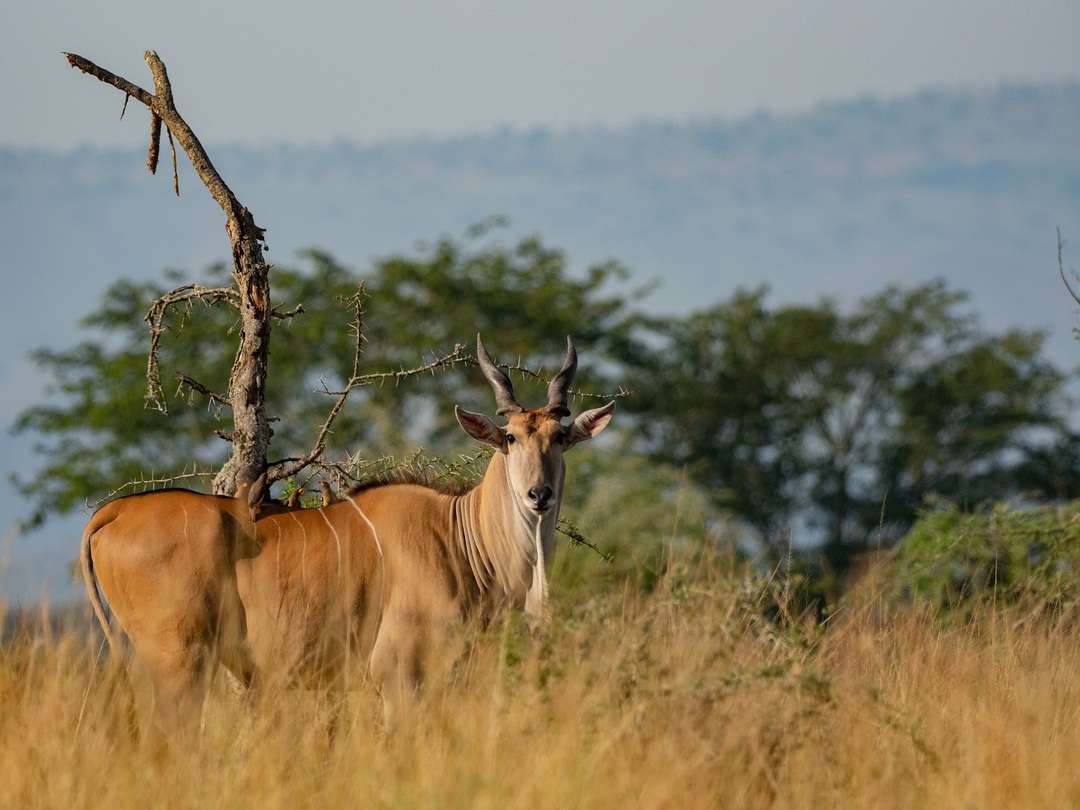
The birdlife has been amazing too, providing wonderful photo opportunities, especially from the boat on Lake Rwanyakazinga.

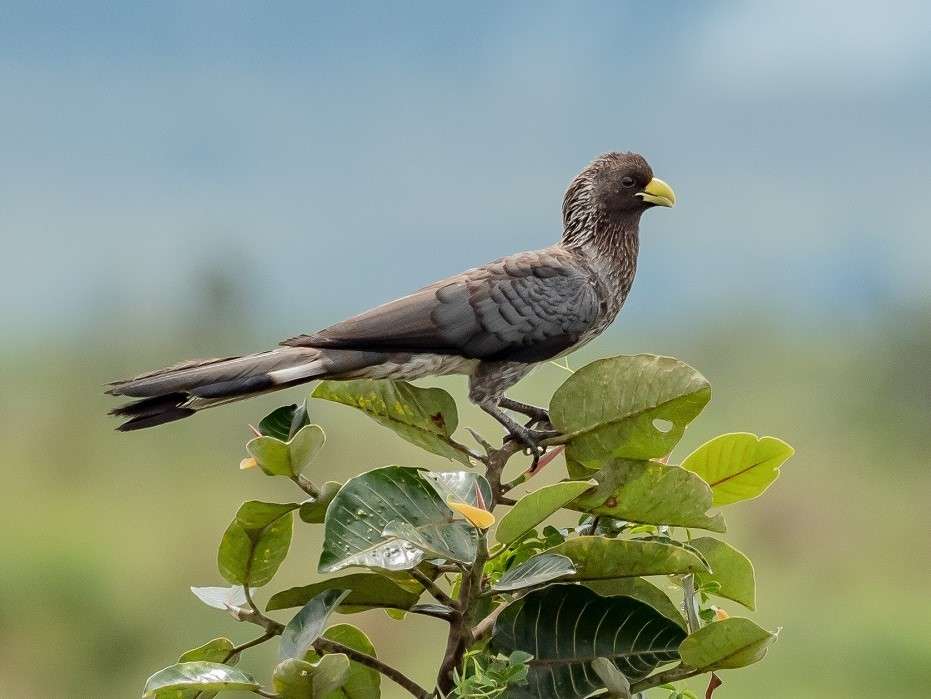
Akagera Management Company
Wilderness Safaris is developing Magashi in partnership with the Rwanda Development Board and conservation group African Parks, but which would not have been possible without the support of the Howard G. Buffett Foundation for African Parks.
African Parks is a non-profit conservation organisation that takes on the complete responsibility for the rehabilitation and long-term management of national parks in partnership with governments and local communities.
In 2010, the Rwanda Development Board and African Parks joined to create the Akagera Management Company (AMC). This joint company assumed management of Akagera National Park in 2010, with the aim to restore, develop and manage Akagera National Park as a functioning savannah ecosystem, through biodiversity rehabilitation, sound conservation practices and tourism development. In the past eight years significant steps have been made towards achieving this goal.
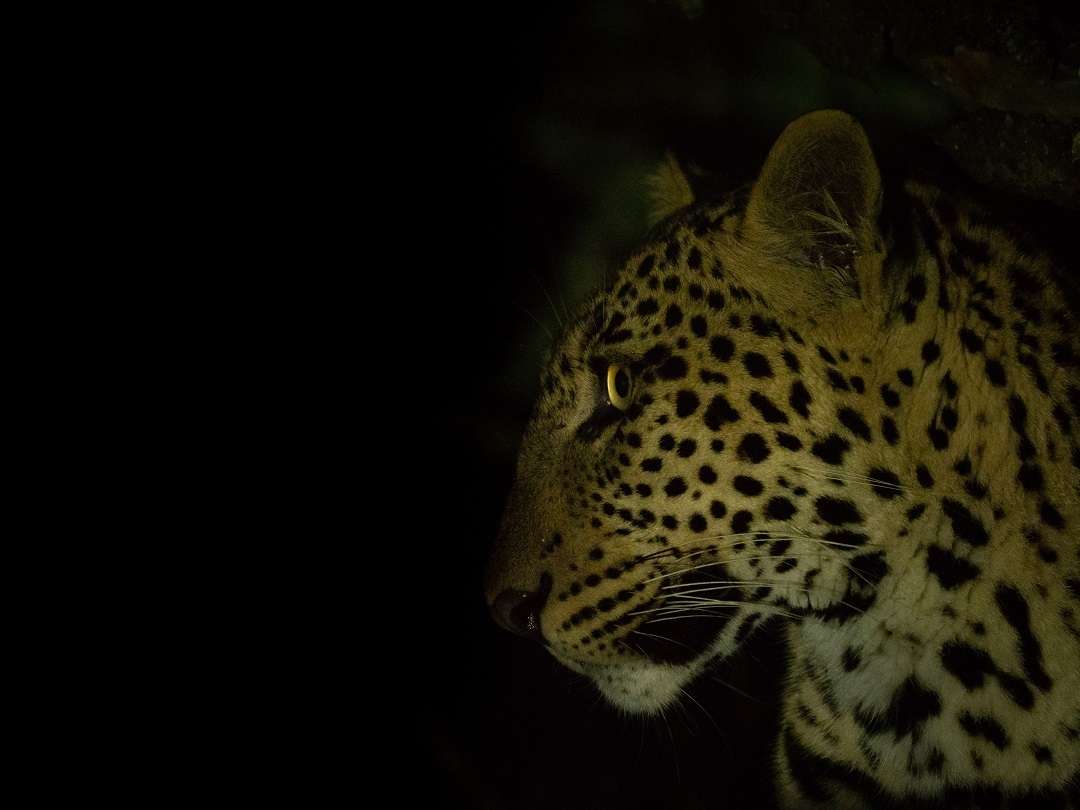
Initially the focus for the project was on developing the foundations for effective and efficient management of the park. Investments and improvements were made on infrastructural developments, including a fully functioning workshop and storage facility, new and renovated offices, vehicles and machinery, a law enforcement block, staff housing and renovations to all existing facilities.
Law enforcement and the protection of the park was a priority from the beginning. New rangers were employed, with the total number of law enforcement staff now at over 80. The changes among the law enforcement team has, and continues to, yield positive results. 2014 was a major turning point, with a dramatic reduction across all illegal activities and continued increase in patrols. The law enforcement team has been working with a canine unit and the latest technology and software since 2015.
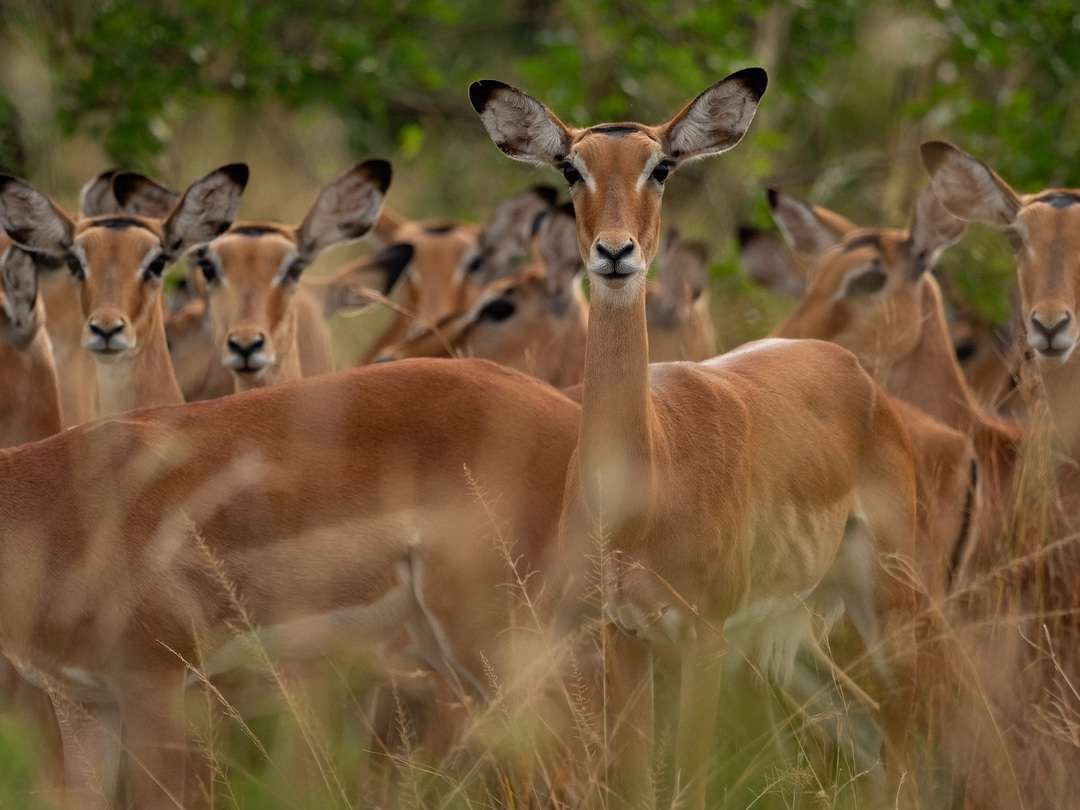
The communities surrounding Akagera are vital to the success of the park, and they experience tangible benefits from the park’s existence. Local employment is one of the major direct benefits, with over 250 people employed by the park full time. Akagera also contributes to the national revenue sharing scheme, and on-going community sensitisation programmes are conducted. Alongside this, environmental education among local schools is seen as vital in creating support from the local community and ensuring the long-term survival of the park.
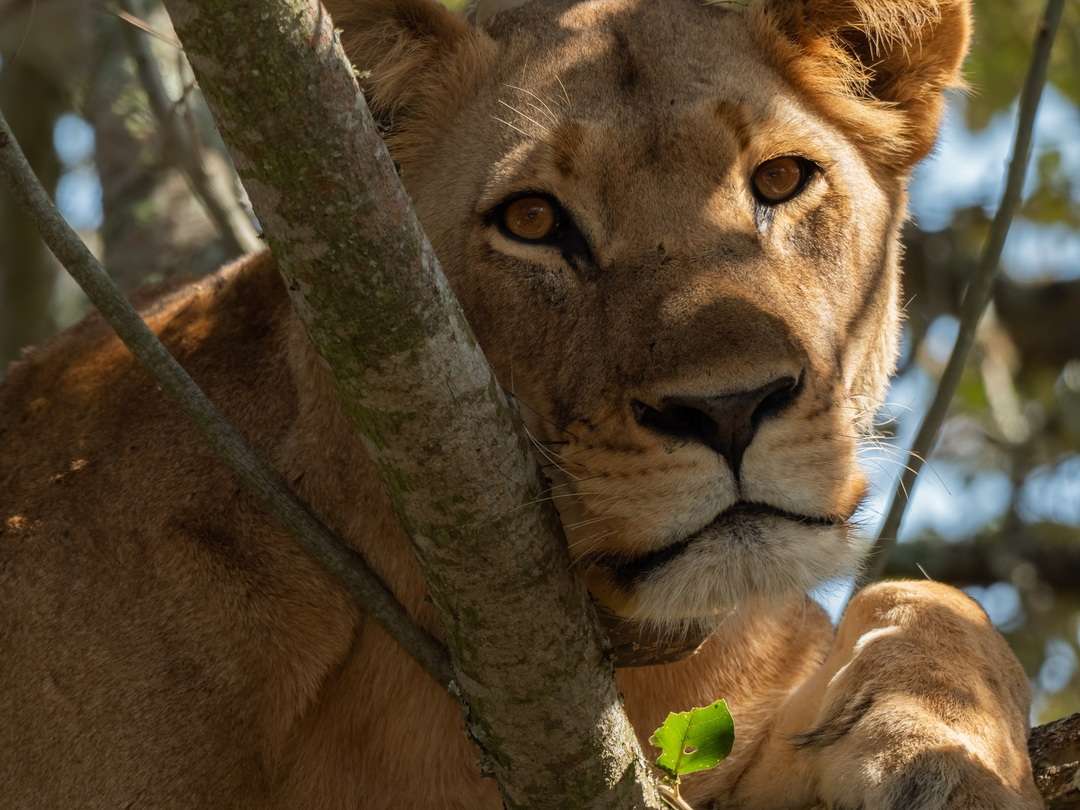
Lion have been extinct in Akagera for almost 15 years, and their return in June 2015 was a conservation milestone celebrated far and wide. Before their reintroduction, the last rhino sighting in Akagera was in 2007. Ten years later, in May 2017, Eastern black rhinos were translocated to the park.
Akagera is well on its way to becoming self-sustaining, and a valuable contributor to the tourism industry and the economy of Rwanda as a premier tourism destination and conservation success story.
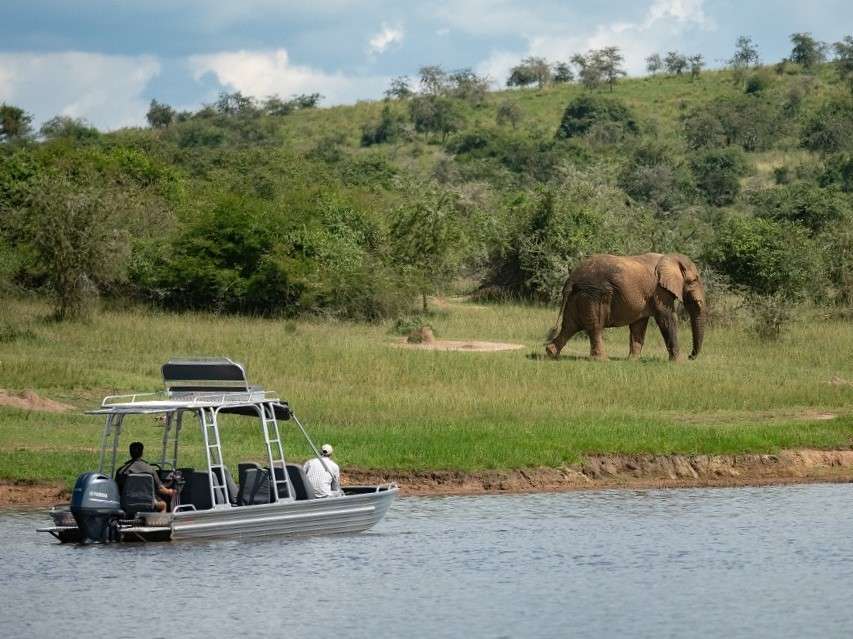
We believe that Magashi will contribute to this success and we are privileged to have the opportunity to use our model of responsible ecotourism to further conservation and community empowerment in Akagera National Park.


